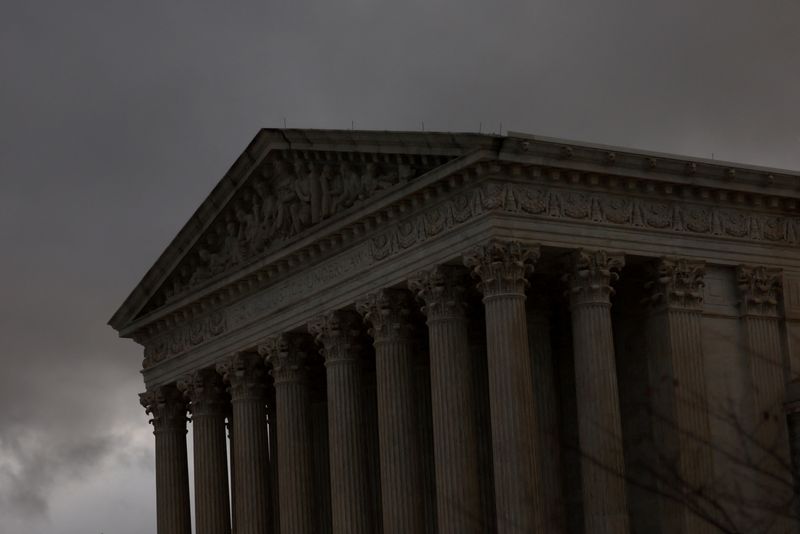Republican for control of elections to US Supreme Court
2022.12.07 06:28
[ad_1]

Republican for control of elections to US Supreme Court
Budrigannews.com – In a significant case involving the composition of North Carolina’s congressional districts, a Republican appeal is scheduled to be heard by the U.S. Supreme Court on Wednesday. This appeal has the potential to alter U.S. elections by reducing the ability of state courts to examine politicians’ actions and giving politicians more power over voting rules.
A decision by North Carolina’s highest court to invalidate a map of the state’s 14 U.S. House of Representatives districts, which was approved by the Republican-controlled state legislature last year, as being illegally biased against Democratic voters is being appealed by Republican lawmakers.
The Republicans are asking the Supreme Court, which has a conservative majority of 6-3, to accept the “independent state legislature” doctrine, a once marginal legal theory that has gained support from some conservatives. They argue that the U.S. Constitution gives state legislatures, not state courts, authority over election rules and electoral district maps under that doctrine.
Pundits have said that the hypothesis, whenever acknowledged, could overturn American popularity based standards by confining a urgent beware of hardliner political power and breed citizen disarray with decides that shift among state and government challenges.
Together with the voters and voting rights organizations who challenged the Republican-drawn map, the Department of Justice of North Carolina is currently defending the actions of the state’s high court. The administration of Democratic President Joe Biden supports them.
The final decision of the Supreme Court, which is expected by the end of June, might apply to elections in 2024, including the race for the U.S. presidency.
The Constitution’s provision that “the times, places, and manner” of federal elections “shall be prescribed in each state by the legislature thereof” serves as part of the foundation for the doctrine.
The Republican legislators have argued that the state court overstepped its constitutional authority to regulate federal elections. The doctrine has been backed by conservative voter advocacy groups to stop what they say are blatant attempts by Democrats and liberals to change election laws through the courts.
In response to Republican former President Donald Trump’s false claims that the 2020 election was stolen from him through widespread voting fraud, Republican state legislatures have pursued new voting restrictions. The case has been brought to the Supreme Court at a time when there are sharp divisions over voting rights in the United States.
According to the Brennan Center for Justice at New York University School of Law, the doctrine could jeopardize thousands of election-related state constitutional provisions, rules implemented by state election officials, and reforms based on voter referendums.
Some election experts have said that the doctrine could make it easier for the majority party in a state legislature to draw the boundaries of congressional districts to consolidate its power—a practice known as gerrymandering. Additionally, they have stated that it may play a role in lawsuits that arise in the midst of an election and may impede challenges regarding issues like voter identification requirements, mail-in ballots, and ballot drop boxes.
In November 2021, the North Carolina legislature approved its version of the congressional map. Following that, two plaintiffs filed a lawsuit, one consisting of Democratic voters and the other of environmentalists. They claimed that the map infringed on state constitutional provisions regarding free elections and freedom of assembly, among other things.
In February, the map was overturned by the North Carolina Supreme Court because the court found that the way the districts were made was deliberately biased against Democrats, reducing their “fundamental right to equal voting power.” Following the legislature’s redrawn map, a lower state court adopted a new map created by a group of experts from both parties. A Republican request to halt those lower court actions was turned down by the Supreme Court in March.








